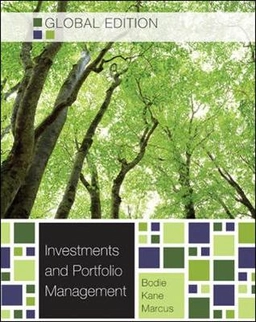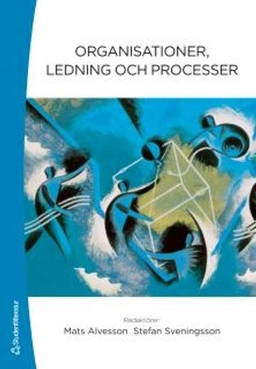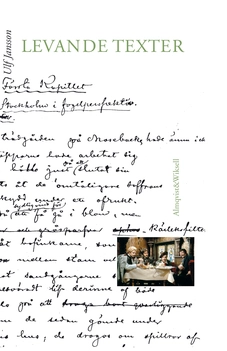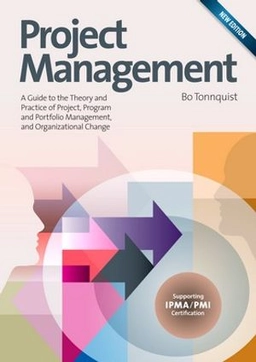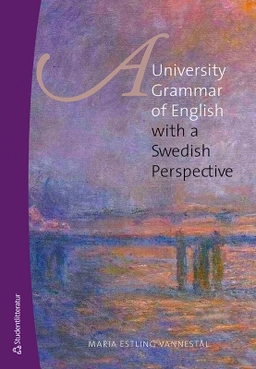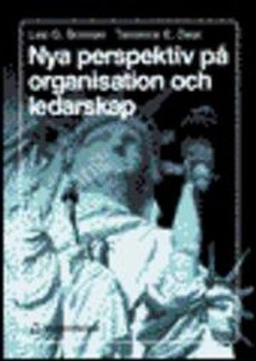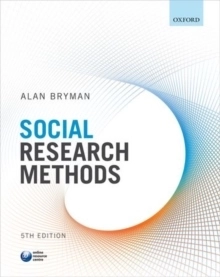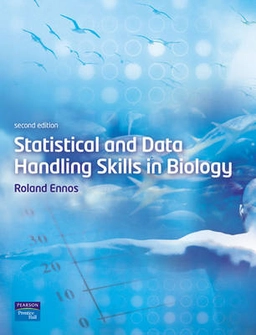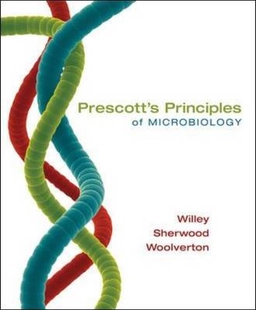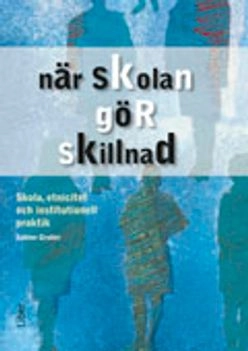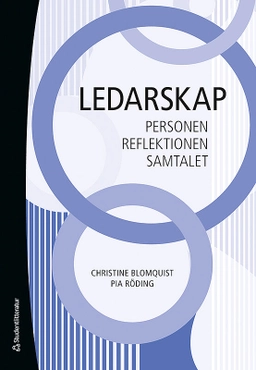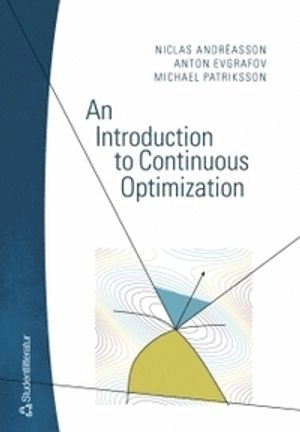

An Introduction to Continuous Optimization : foundations and fundamental algorithmsUpplaga 1
- Upplaga: 1a upplagan
- Utgiven: 2006
- ISBN: 9789144044552
- Sidor: 389 st
- Förlag: Studentlitteratur AB
- Format: Häftad
- Språk: Engelska
Om boken
Åtkomstkoder och digitalt tilläggsmaterial garanteras inte med begagnade böcker
Mer om An Introduction to Continuous Optimization : foundations and fundamental algorithms (2006)
I maj 2006 släpptes boken An Introduction to Continuous Optimization : foundations and fundamental algorithms skriven av Niclas Andréasson, Anton Evgrafov, Michael Patriksson. Det är den 1a upplagan av kursboken. Den är skriven på engelska och består av 389 sidor djupgående information om matematik och statistik. Förlaget bakom boken är Studentlitteratur AB som har sitt säte i Lund.
Köp boken An Introduction to Continuous Optimization : foundations and fundamental algorithms på Studentapan och spara pengar.
Referera till An Introduction to Continuous Optimization : foundations and fundamental algorithms (Upplaga 1)
Harvard
Oxford
APA
Vancouver
